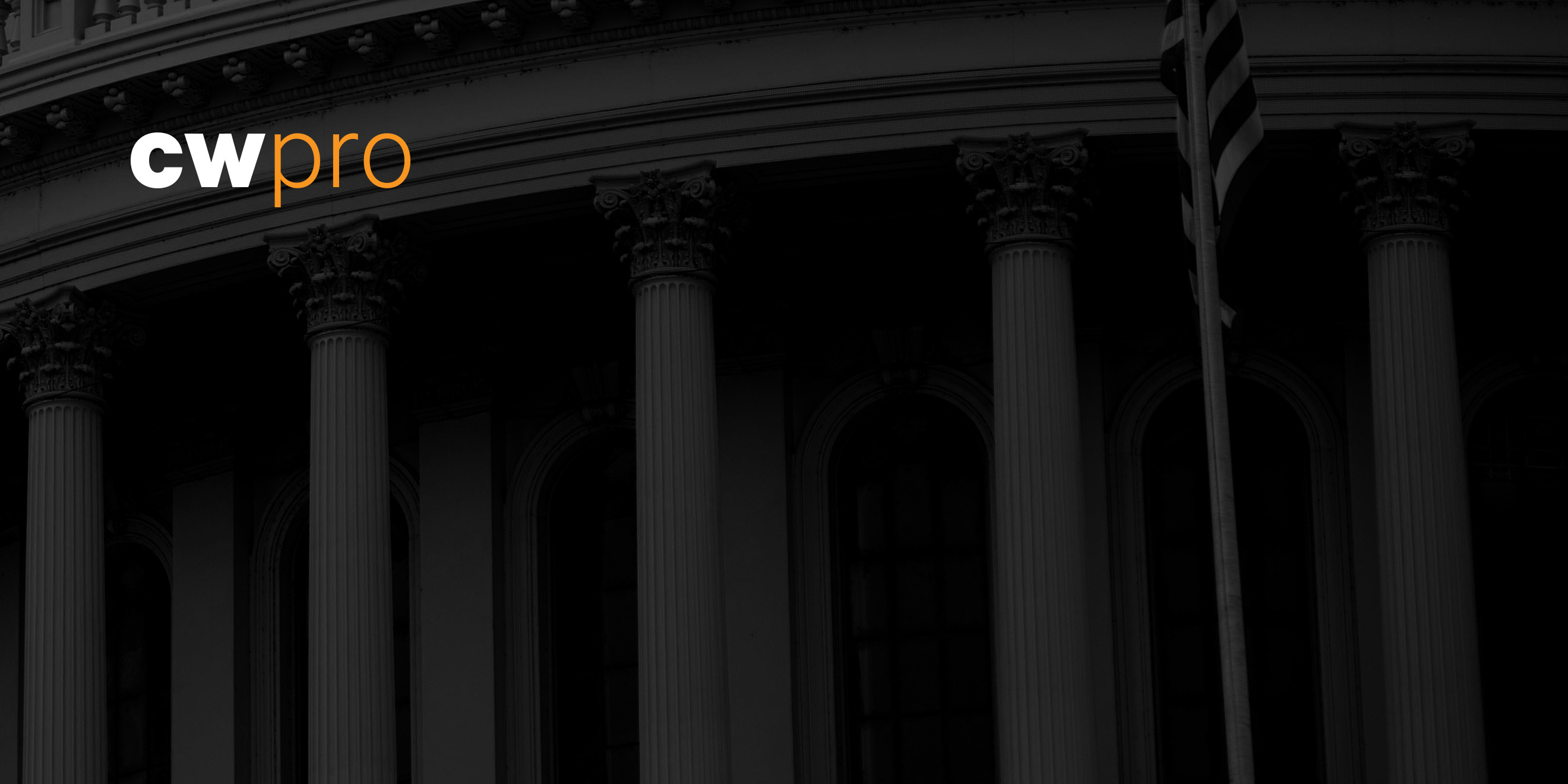At a glance.
- ENISA proposes new EU cybersecurity labeling rules for tech companies.
- OpenAI CEO to appear before Congress.
ENISA proposes new EU cybersecurity labeling rules for tech companies.
The European Union Agency for Cybersecurity (ENISA) has released a draft proposal outlining an EU certification scheme that will verify the cybersecurity of cloud services being considered for use by EU governments and businesses. The document states that non-EU cloud service providers who wish to handle sensitive data from EU users must be part of a joint venture with an EU-based company. "Certified cloud services are operated only by companies based in the EU, with no entity from outside the EU having effective control over the CSP (cloud service provider), to mitigate the risk of non-EU interfering powers undermining EU regulations, norms and values," the document said. Employees handling the data must be located in the EU and will have to undergo a screening process. As well, all cloud service customer data must be stored and processed in the EU, and EU data laws will override any non-EU rules. Reuters predicts that US tech giants like Google and Microsoft may be less than pleased with the certification scheme, as it could make it far more difficult for them to engage with the European market, particularly the government cloud market, which has been seen as a potential growth opportunity for these firms. The draft is scheduled for review by EU member states later this month, and then the European Commission will adopt a final version.
OpenAI CEO to appear before Congress.
As concerns about the risks of recent advancements in artificial intelligence mount across the globe, Sam Altman, CEO of AI leader OpenAI, is scheduled to testify before US Congress next Tuesday. As head of the company that developed the hugely popular AI-fueled chatbot ChatGPT, Altman will appear before a Senate panel to discuss government efforts to keep AI in check. As the Washington Post explains, the rapid growth of AI tools has legislators concerned about the massive amounts of data used to train such products, as well as the possibility that AI could be used to spread misinformation or cause other harm to users. The hearing will be hosted by a subcommittee led by Senator Richard Blumenthal, a Democrat out of Connecticut, who says the meeting with Altman will begin the subcommittee’s “work in overseeing and illuminating AI’s advanced algorithms and powerful technology.” The top Republican on the committee, Senator Josh Hawley, said “Artificial intelligence will be transformative in ways we can’t even imagine, with implications for Americans’ elections, jobs, and security. This hearing marks a critical first step toward understanding what Congress should do.”
